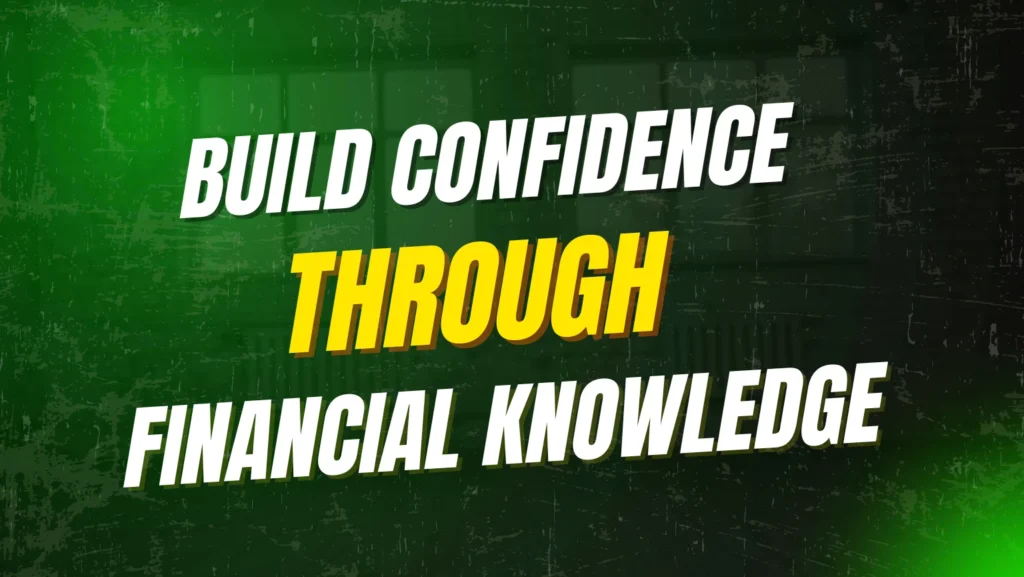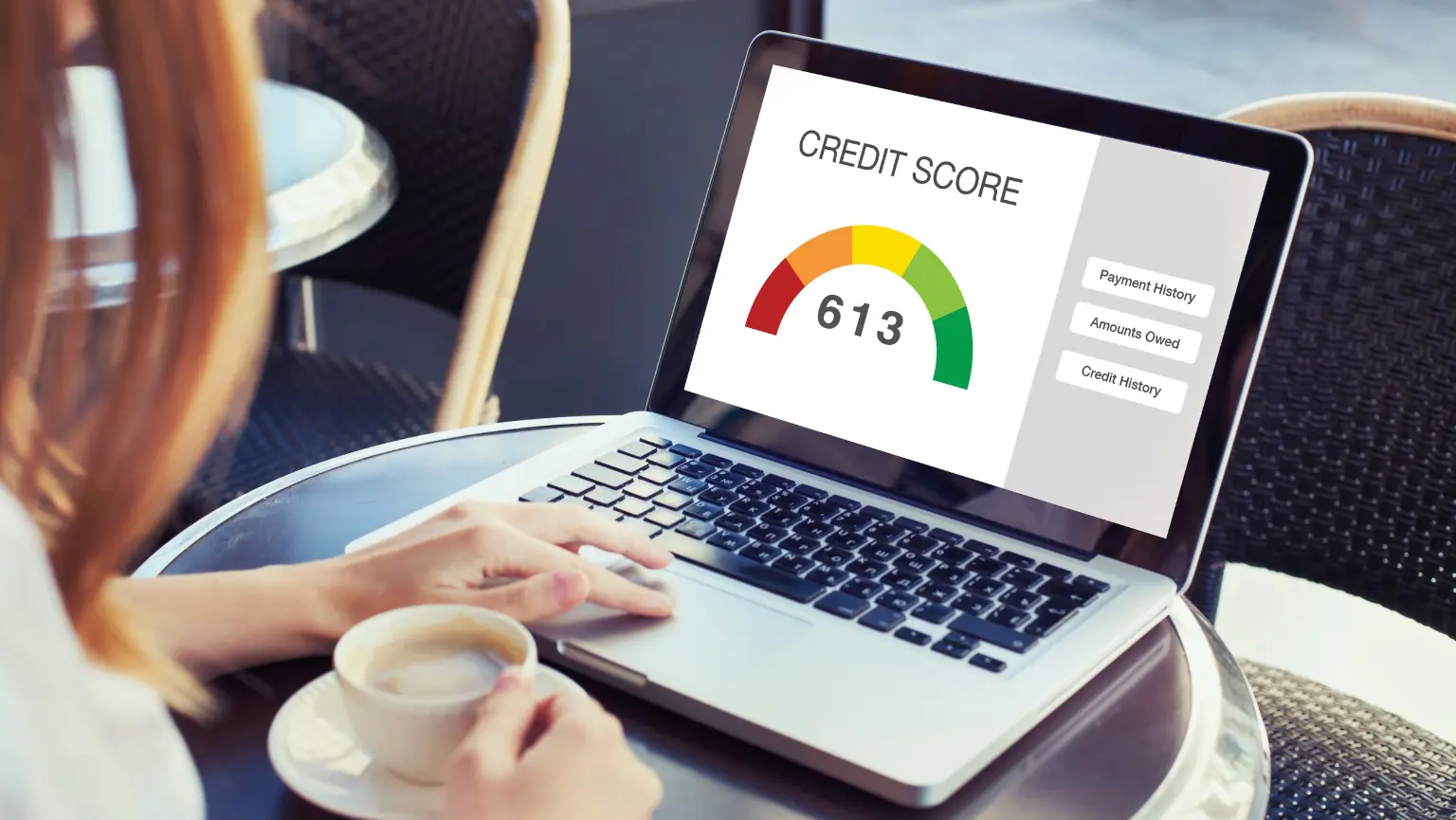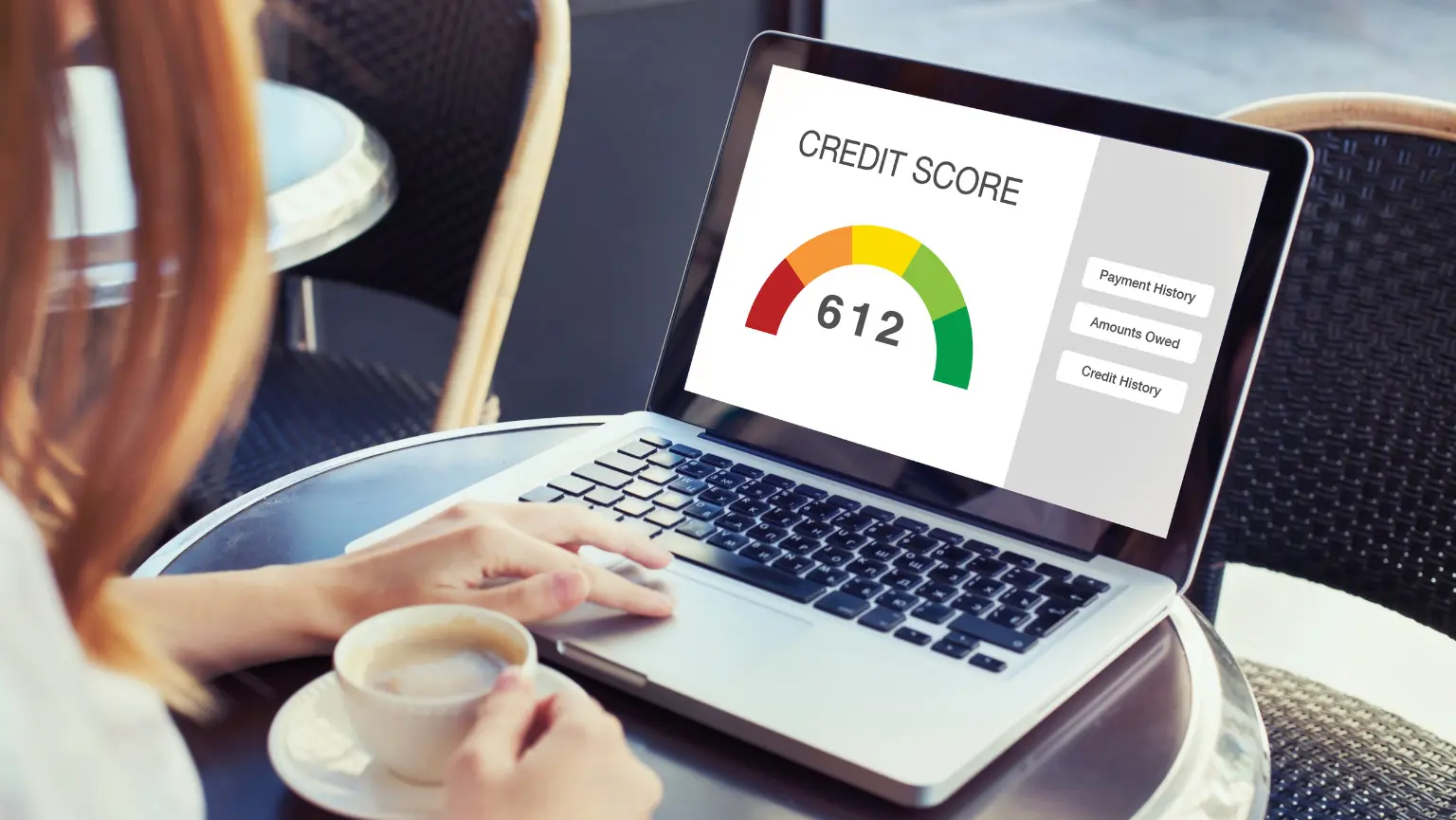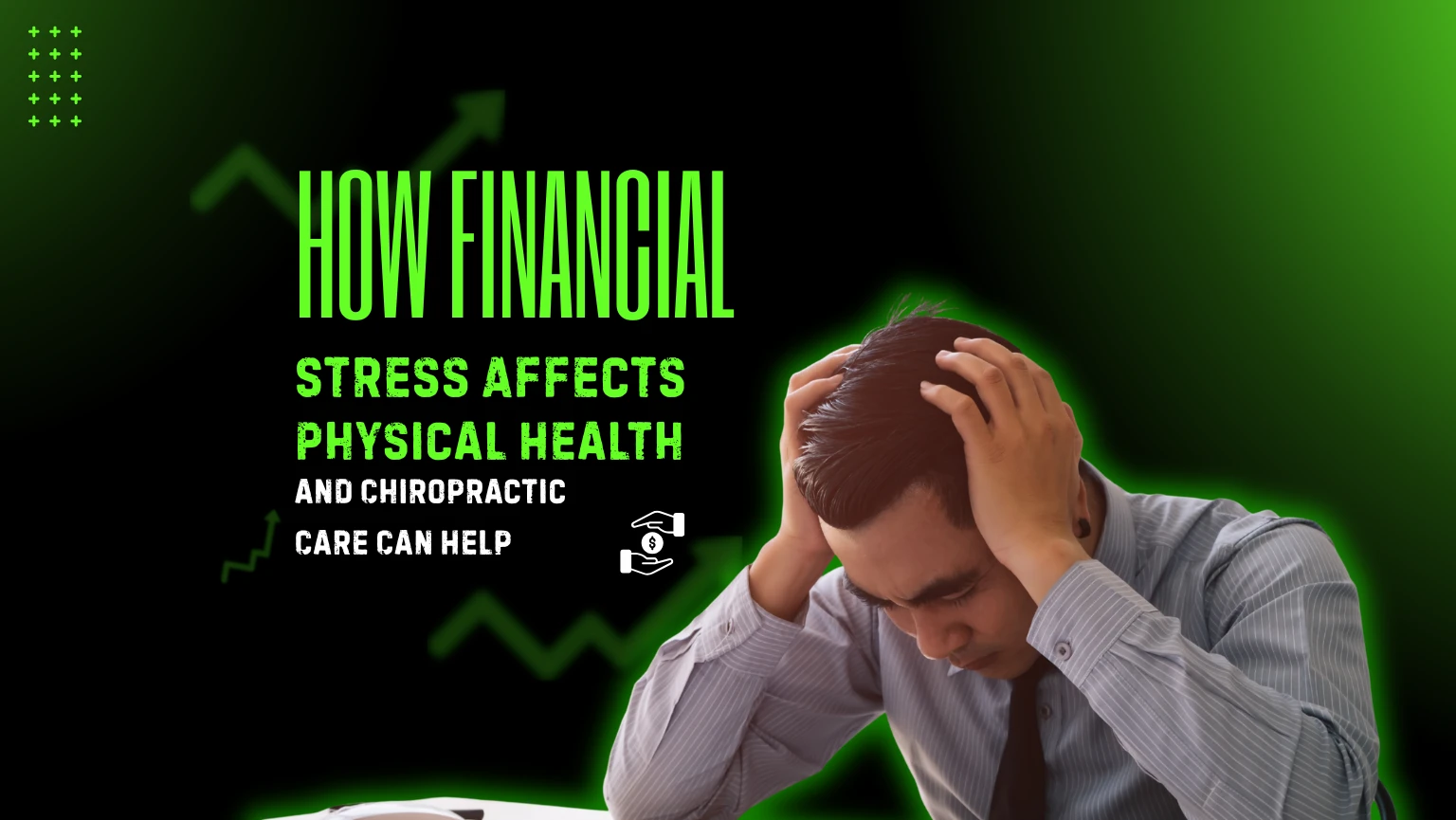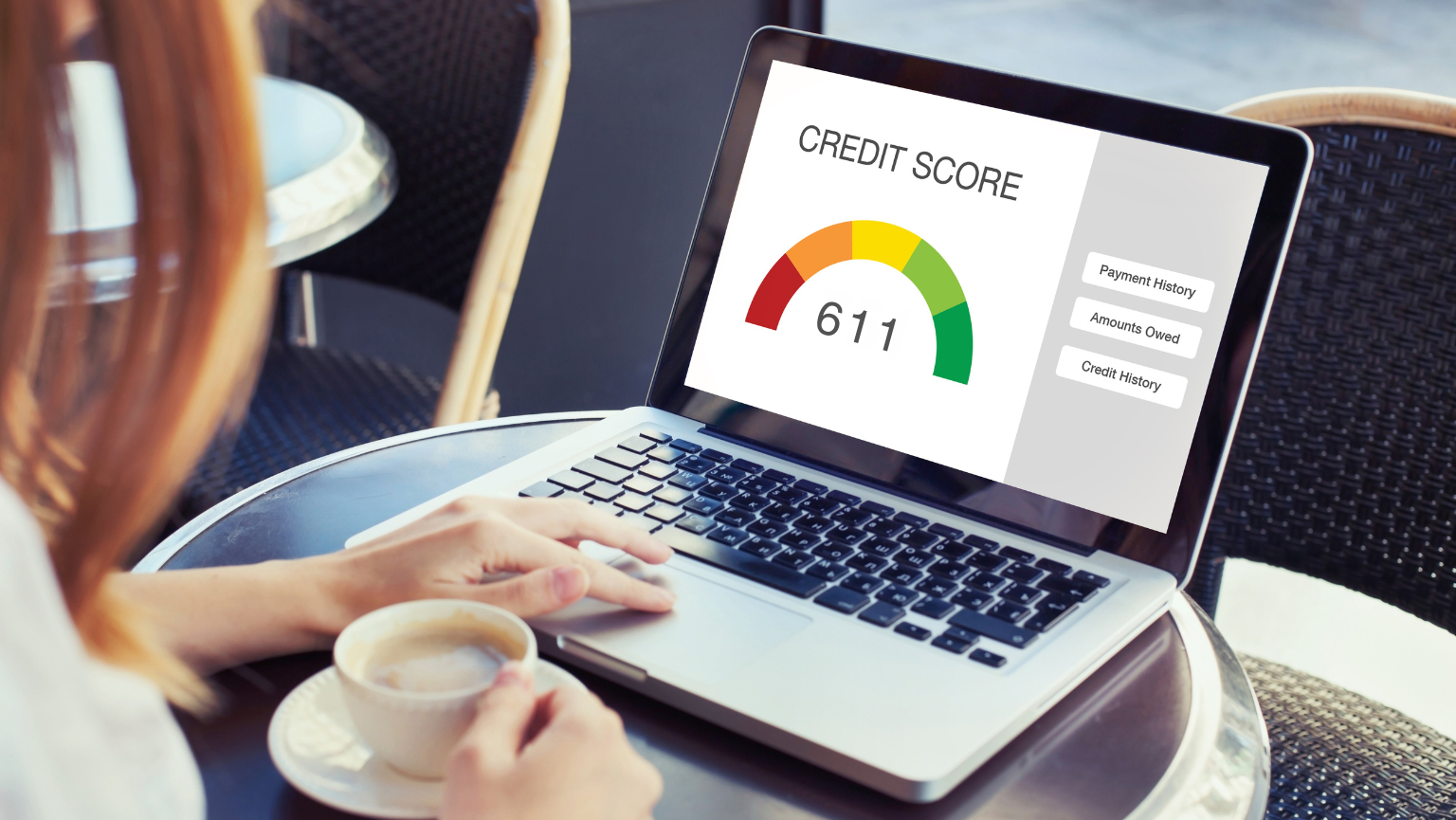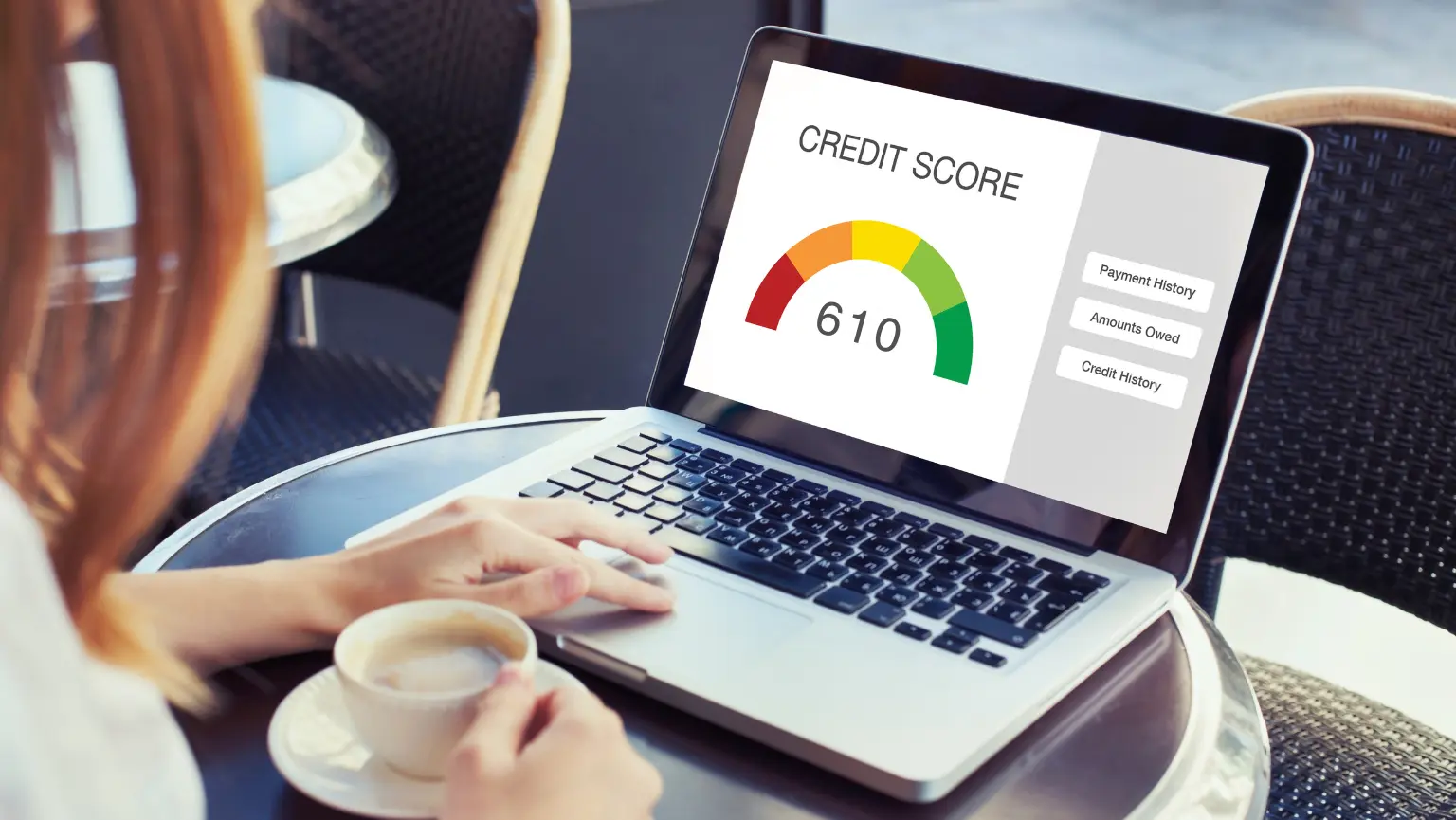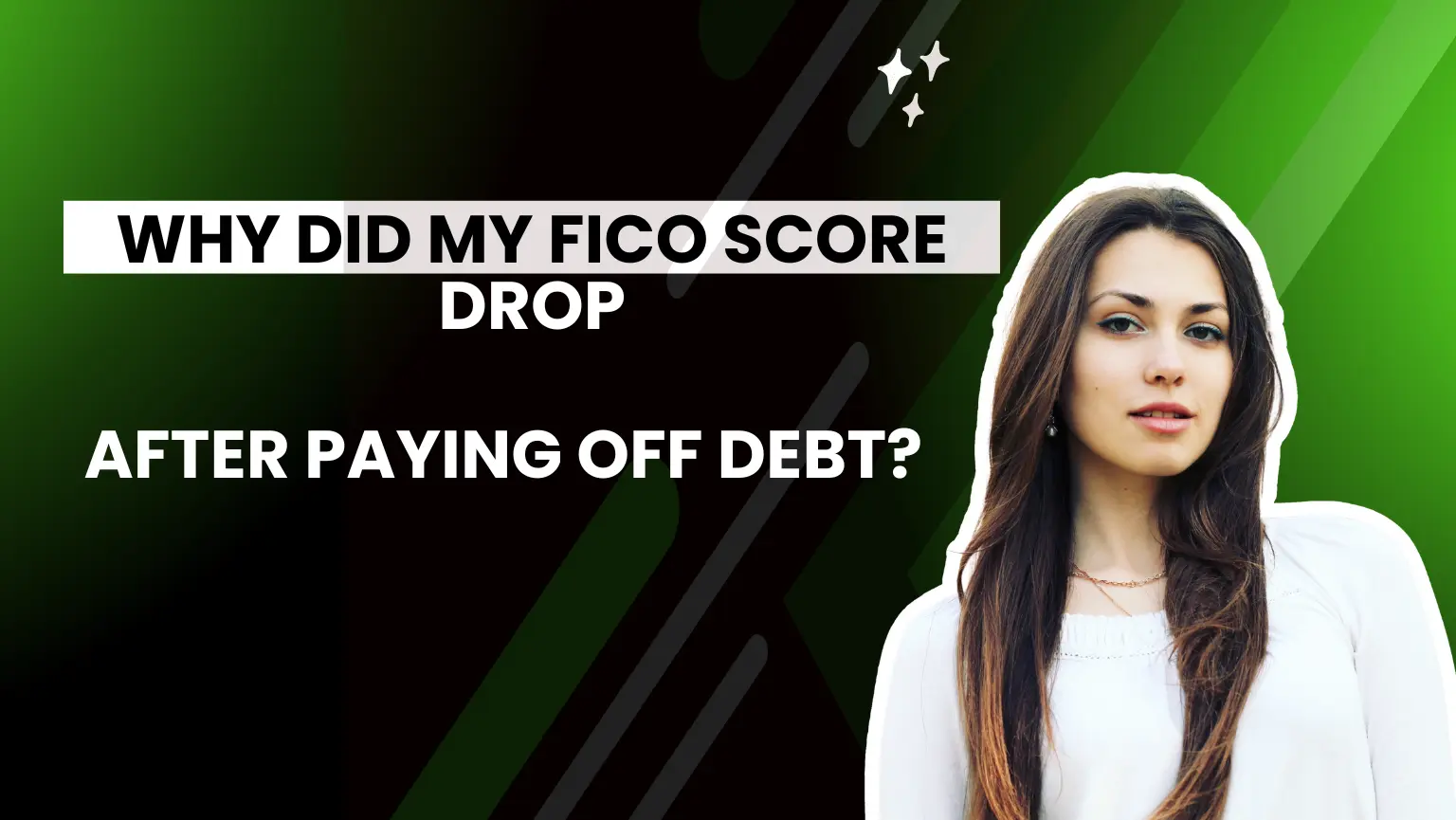
Paying off debt should feel like a win, but many are surprised when their FICO score drops soon after. If you’re asking, “Why did my FICO score drop after paying off debt?”—you’re not alone. This blog explains the reasons, what it means for your credit, and how to respond.
What Is a FICO Score and How Is It Calculated?
A three-digit figure that summarizes your credit risk is your FICO score. It’s determined by several factors:
- Payment history (35%)
- Amounts owed/credit utilization (30%)
- Length of credit history (15%)
- Credit mix (10%)
- New credit inquiries (10%)
Each factor plays a unique role in your score, so changes to any can cause fluctuations.
Why Did Your FICO Score Drop After Paying Off Debt?
1. Change in Credit Utilization Ratio
Your available credit is decreased when you pay off and close a credit card. If you still have balances on other cards, your overall credit utilization ratio may rise, which can lower your score. For example, if you pay off and close a card with a high limit, your total available credit shrinks, making any remaining balances a larger percentage of your total credit.
2. Reduced Credit Mix
Having a mix of credit types—like credit cards and installment loans—helps your score. If you pay off your only installment loan (such as a car or student loan), your credit mix becomes less diverse, which can negatively impact your FICO score.
3. Shortened Credit History
Closing old accounts after paying them off can decrease the average age of your credit accounts. Since the length of your credit history matters, closing long-standing accounts can cause a temporary dip in your score.
4. New Credit Inquiries
If you consolidated debt by taking out a new loan, the hard inquiry from the application can temporarily lower your score. This is a typical step in the credit score calculation process.
Is the Drop Permanent?
In most cases, the drop is temporary. As you continue to pay bills on time and keep balances low, your score should recover and even improve over time. The long-term benefits of being debt-free—like less interest paid and more financial freedom—outweigh a short-term score dip.
What Should You Do Next?
- To preserve your credit history and available credit, try to keep your previous accounts open.
- Monitor your credit utilization and aim to keep it below 30%.
- Maintain a healthy credit mix, but don’t take on unnecessary debt just for variety.
- Continue making on-time payments on all accounts.
- Don’t worry; don’t register new accounts merely to raise your score.
Conclusion:
Paying off debt is a significant financial milestone, even if your FICO score drops temporarily afterward. This dip is usually short-lived and results from changes in your credit utilization, credit mix, or account history—not from any negative financial behavior. By keeping old accounts open, maintaining low balances, and making timely payments, you’ll help your score recover and strengthen your overall financial health. Focus on the long-term benefits of being debt-free, and remember that strong credit habits will always pay off in the end. Check your personal finance score.
FAQs
Will my score recover if I keep my accounts open and pay on time?
Yes consistent, positive credit behavior will help your score rebound.
Should I avoid paying off debt to protect my score?
No. The long term financial benefits of paying off debt outweigh a short-term score dip.
Are credit scores and FICO scores the same?
Credit scores are numbers that show your creditworthiness, and FICO scores are a popular type of credit score. So, FICO scores are credit scores, but not all credit scores are FICO scores.
How is the FICO score calculated?
A FICO score is a type of credit score calculated using your payment history, amounts owed, length of credit history, new credit, and credit mix.

